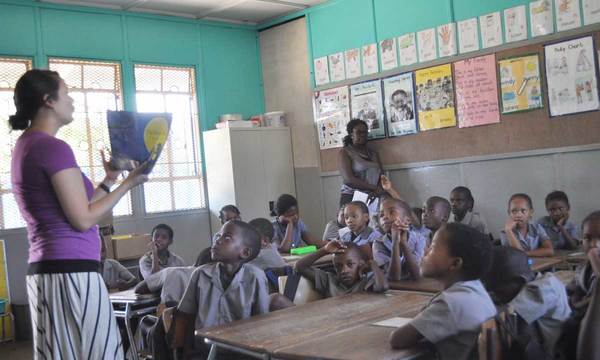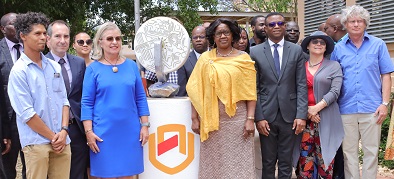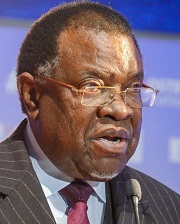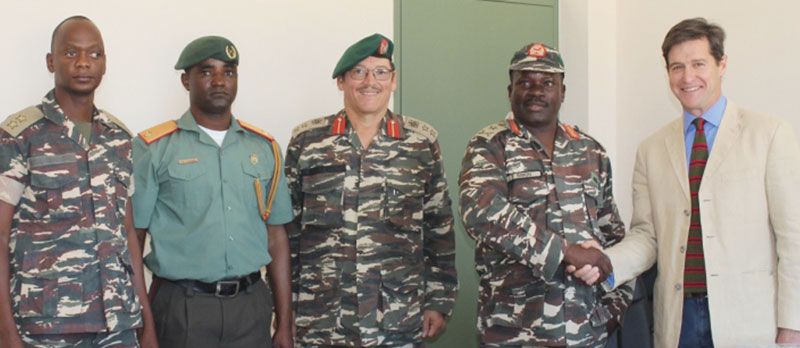
Academic freedom a necessity for all teachers around the world- UNESCO

For the celebration of World Teacher’s Day on Thursday this week, the United Nations Educational, Scientific and Cultural Organization (UNESCO) said it places great importance on academic freedom for teachers to support their ability to innovate, explore and stay up to date with the latest pedagogical research.
The organisation in collaboration with the International Labour Organisation, the United Nations International Children’s Emergency Fund (UNICEF), the United Nation’s Development Programme (UNDP) and the Education International said this in a joint statement academic freedom and teacher autonomy are under pressure in some African countries because at the primary and secondary school levels, stringent accountability schemes have put enormous pressure on schools to deliver results on standardized tests. This ignores the need to ensure a broad-based curriculum that meets the diverse needs of students.
“Being an empowered teacher means having access to high-quality training, fair wages, and continuous opportunities for professional development. It also means having the freedom to support the development of national curricula, and the professional autonomy to choose the most appropriate methods and approaches that enable more effective, inclusive and equitable education. Furthermore, it means being able to teach in safety and security during times of political change, instability, and conflict,” Irina Bokova, Director-General of UNESCO said.
The fact that at the tertiary level, teachers are often employed on a fixed-term, contingency basis can result in greater job insecurity, diminished career prospects, higher workload and lower wages – all of which can restrict academic freedom and undermine the quality of education that teachers can deliver, according to UNESCO.
“Across all education levels, political pressure and business interests can curb the ability of educators to teach in freedom. Teachers living and working in countries and communities affected by conflicts and instability often face greater challenges, including rising intolerance, discrimination, and related restrictions on research and teaching,” Bokova added.
This year marks the 20 year anniversary of the 1997 UNESCO Recommendation concerning the Status of Higher Education Teaching Personnel, which complements the 1966 UNESCO/ILO Recommendation concerning the Status of Teachers.
Together, these instruments constitute the main reference framework on the rights and responsibilities of teachers and educators. Both stress the importance of teacher autonomy and academic freedom in building a world in which education and learning are truly universal.










































